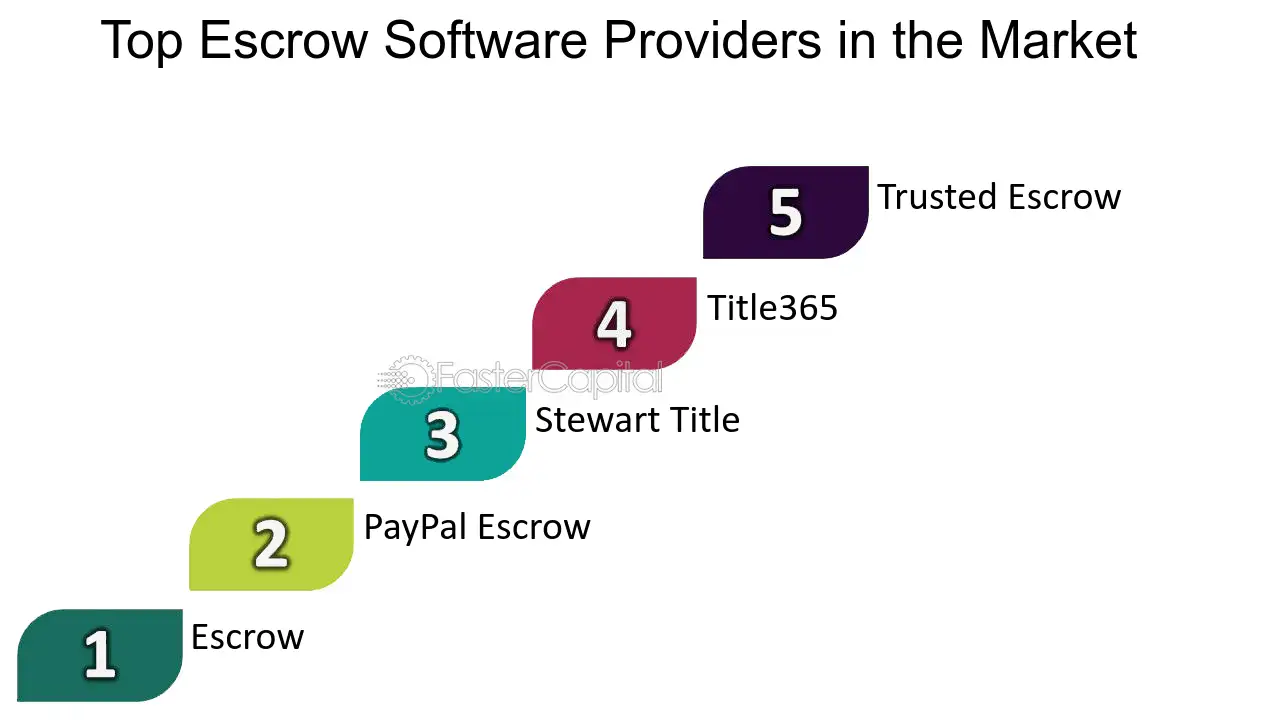
Introduction: Onshore vs. Offshores
Onshore and offshore companies play a crucial role in the global economy, collectively holding over 10% of the world’s GDP in offshore accounts. These structures offer business owners opportunities to optimize taxes and effectively manage assets. Therefore, it’s essential to understand the differences between offshore and onshore companies to make informed and strategic business decisions.
Offshore Company: Definition and Characteristics
Offshores are legal entities registered in jurisdictions different from where they primarily conduct business activities. They are often established to take advantage of benefits such as lower tax rates, simplified regulations, and enhanced asset protection. For example, the Cayman Islands, which hosts over 100,000 registered businesses, demonstrates the significant appeal of offshore jurisdictions for international company registrations for Onshore vs. Offshores.
Onshore Company: Definition and Operational Scope
Onshore entities are legal entities registered and operating within the same jurisdiction. They comply with standard tax rates and legal requirements applicable in their respective regions. For example, the UK’s Limited Liability Partnership (LLP) structure combines elements of both offshore and onshore characteristics, providing tax advantages for international business operations.
Understanding the differences between offshore and onshore companies is crucial for businesses seeking to effectively align their strategic goals and operational needs. International Wealth provides insights into these distinctions, helping businesses make informed decisions that align with their strategic objectives.
Comparative Analysis: Offshores vs. Onshores
Tax Rates
Offshores. Typically benefit from lower or zero taxation on foreign income.
Onshores. Subject to domestic tax laws and rates.
Regulatory Framework
Offshores. Minimal reporting and audit requirements.
Onshores. Stringent financial reporting, auditing, and governance norms.
Privacy Policy
Offshores. Emphasis on confidentiality and limited disclosure requirements.
Onshores. Transparency and strict disclosure norms.
Registration Speed
Offshores. Swift registration process, often within days.
Onshores. Lengthier registration timelines, ranging from weeks to months.
Cost
Offshores. Lower initial registration and operational costs.
Onshores. Higher initial setup costs and ongoing compliance expenditures.
Office Requirements
Offshores. No physical office required in many cases.
Onshores. Mandatory physical presence and local staffing.
Main User Demographics
Offshores. Small to medium-sized enterprises, international corporations.
Onshores. National and international corporations.
Examples of Jurisdictions
Offshores. BVI, Cayman Islands, Malta, Singapore.
Onshores. USA, various EU countries, China, and Japan.
Evaluating Offshores: Advantages and Considerations
Establishing an offshore company offers significant benefits but also comes with potential challenges that require careful consideration. Here is a detailed exploration of the advantages and disadvantages associated with offshore business operations.
Advantages of Offshores
- Preferential taxation. Offshore jurisdictions often offer lower tax rates, allowing businesses to reduce operational costs and significantly increase net profits.
- Lower registration and operating costs. Companies can save on initial registration and ongoing operation expenses, including potential labour cost reductions based on the jurisdiction.
- Access to local resources. Offshore locations provide access to valuable resources, including skilled labour, strategic trading areas, and essential raw materials, thus improving operational efficiency.
- Streamlined registration process. Many offshore jurisdictions offer a simplified registration process, enabling businesses to start operations quickly, often within a week.
- Confidentiality. Offshore structures prioritize confidentiality to protect beneficial owners’ identities from third-party access, which is crucial for privacy-conscious enterprises.
Disadvantages of Offshores
Despite the benefits, establishing an offshore company comes with specific challenges:
- Annual fees. Maintaining legal status in an offshore jurisdiction entails annual fees, which vary by location and may impact cost efficiency over time.
- Commercial activity restrictions. Some jurisdictions impose restrictions on the types of commercial activities allowed, which can limit operational flexibility.
- Reputational risks. Offshore entities often face scrutiny and suspicion from partners, customers, and regulators due to perceived links with tax avoidance and regulatory loopholes.
Before proceeding with offshore company registration, thorough research and consultation with professionals are essential to mitigate risks and maximize benefits aligned with your business goals and compliance requirements.
Assessing Onshores: Benefits and Considerations
Companies operating within countries with solid financial regulations (onshore) face unique advantages and challenges. Here’s a detailed analysis of the pros and cons related to onshore business operations.
Pros of Onshores
- Stringent regulation and reporting requirements. Onshore jurisdictions maintain rigorous legal standards and reporting obligations, establishing trust among stakeholders – partners, customers, and government agencies – and enhancing business credibility and operational security.
- Access to international markets. Onshores have access to tenders, government contracts, and global markets, expanding business opportunities for growth and diversification Onshore vs. Offshores.
- Robust legal and regulatory frameworks. Strong legal systems protect intellectual property, contracts, and assets, ensuring a stable and secure environment for business activities.
- Eligibility for government support programs. Onshore businesses often qualify for various forms of government support, such as subsidies, grants, and tax incentives, aimed at stimulating economic growth and innovation.
Cons of Onshores
Despite the advantages, onshore companies encounter specific challenges:
- Taxation procedures. All types of generated income are subject to taxation, which may reduce overall profitability unless efficient tax planning strategies are implemented.
- Administrative challenges. Companies must comply with strict regulatory requirements, such as regularly submitting financial statements, undergoing audits, and adhering to corporate laws. This can increase operational overheads.
- Tax liability optimization. Optimizing tax liabilities within domestic jurisdictions can be complex, and there’s a risk of double taxation on income, especially in cross-border business transactions.
- Choosing between onshore and offshore structures. The decision between onshore and offshore structures depends on specific business objectives, confidentiality needs, and tax optimization strategies, requiring thorough analysis and expert advice Onshore vs. Offshores.
Understanding these key aspects enables businesses to make informed decisions that align with their operational needs, financial goals, and regulatory compliance obligations.
Examples of Popular Jurisdictions
Choosing the proper jurisdiction significantly impacts business development prospects. Consider these popular options for onshore and offshore registrations.
Offshore Jurisdictions
- Cayman Islands. Stable legal framework, no corporate tax.
- Comoros. Minimal fiscal burden, strong privacy laws.
- Belize. Defined legal framework and confidentiality.
- Singapore. Financial hub, international market access.
- Nevis. Asset protection, minimal state fees Onshore vs. Offshores.
Onshore Jurisdictions
- UAE. Secure business environment, SEZ opportunities.
- USA (Delaware and Wyoming). Flexible corporate laws and tax advantages.
- European Countries (e.g., Malta, Luxembourg, Switzerland). Tax incentives, regulatory stability Onshore vs. Offshores.
Conclusion
Deciding whether to register your company offshore or onshore depends on your specific business needs and goals. Offshore jurisdictions offer tax benefits and privacy advantages, while onshore companies prioritize stability and regulatory compliance. Understanding these differences will help you make informed decisions that are tailored to your business requirements. Our experts are available to provide personalized guidance for choosing the best jurisdiction and business strategy Onshore vs. Offshores.







